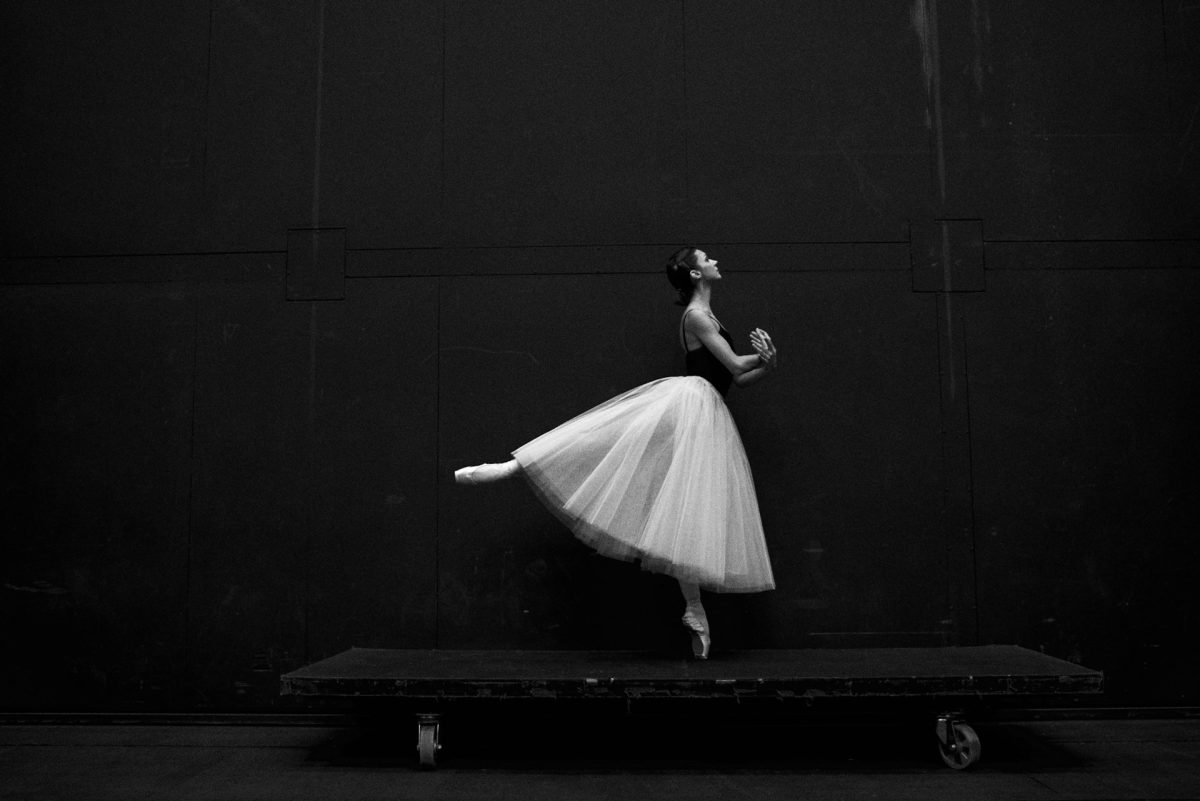Ever since its release in December 3, 2010, Darren Aronofsky’s indie psychological horror film Black Swan has received quite the amount of praise and approval from the mainstream media. The film centers around Nina Sayers, played by Natalie Portman, a ballet student that slowly becomes excessively invested in her work as both the White Swan and Black Swan characters in the upcoming Swan Lake performance. This growing obsession is further heightened by her tense relationships with her teacher Mr. Leroy, played by Vincent Cassel, and another new ballet student named Lily, played by Mila Kunis. Over the course of the film, it is apparent that Nina is characterized as an obsessive artist that ends up “losing herself” to the personality traits of the Black Swan.
The film starts off with Nina in a dream regarding her ballet performance as the White Swan, to which she later wakes up from and then decides to prepare for an average day at ballet classes. From there, she enters a room where other ballet students are gossiping about a retiring dancer named Beth, played by Winona Ryder, who had shared a tense relationship with Mr. Leroy. The students are later informed that there are auditions for the upcoming Swan Lake performance, with the lead having to master both the White and Black Swan.
One of the most noteworthy aspects of the film is Nina’s descent into obsession being largely controlled by her relationship with her ballet teacher, Mr. Leroy. For example, throughout the film up until the final Swan Lake performance, his expectations of Nina, and how she performs both sides of her main role, gradually become much harsher. Nina even lets these expectations develop a more disturbing relationship between her and Mr. Leroy, since they begin to have an affair that also fuels the emerging competition between her and Lily. The ongoing affair between Nina and her ballet teacher, as well as the constant criticism she receives for focusing too much on perfecting her every move in her performance instead of “letting go,” pushes her to a point where her mental health deteriorates and her relationship with her mother is largely affected.
Overall, Black Swan is a wonderful representation of the “obsessed artist” trope–which is a broad theme regarding a character beginning to grow an unhealthy fixation of bettering their pursuit or field of work. Although most movies showcasing psychological horror are significantly overlooked, this is one of many films of this genre that is strongly considered a worthwhile experience. Observing how one slowly becomes consumed by their excessively growing concern for their skills is truly something that piques the interest of many.







